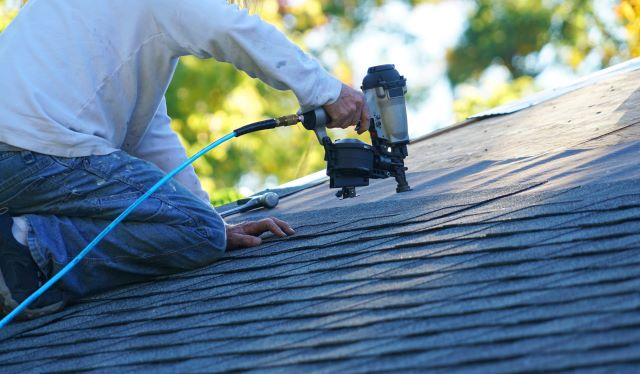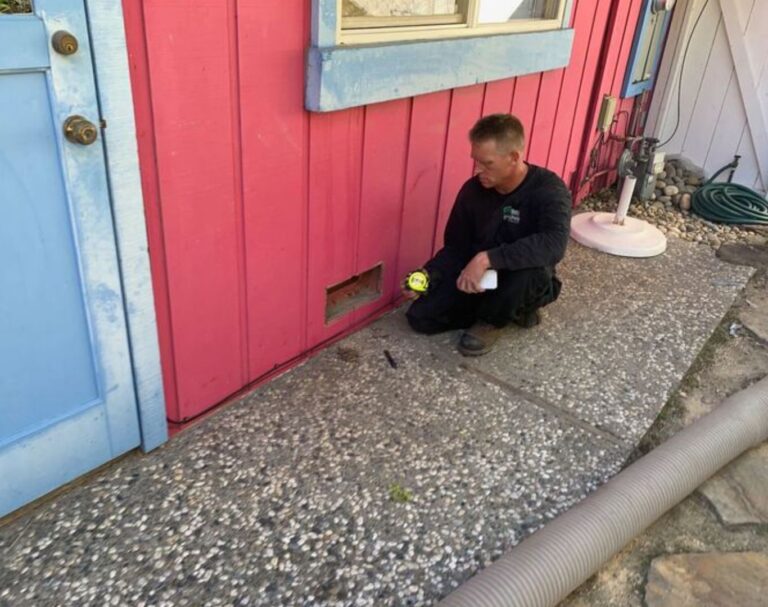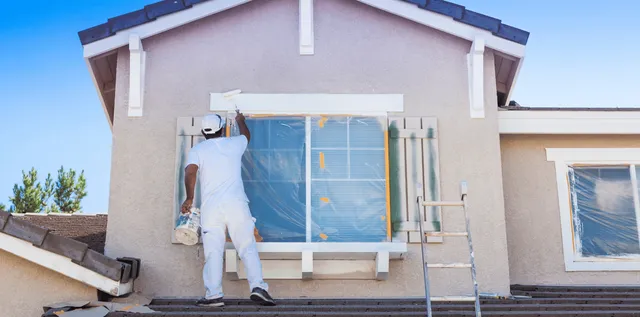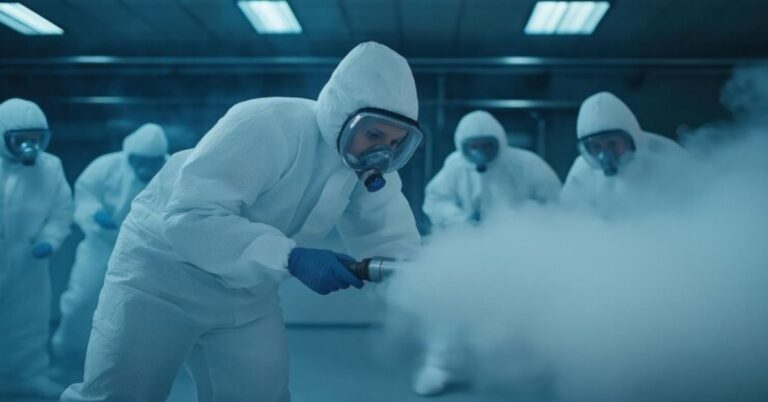Signs Your Pool Needs Resurfacing: A Miami Homeowner’s Guide
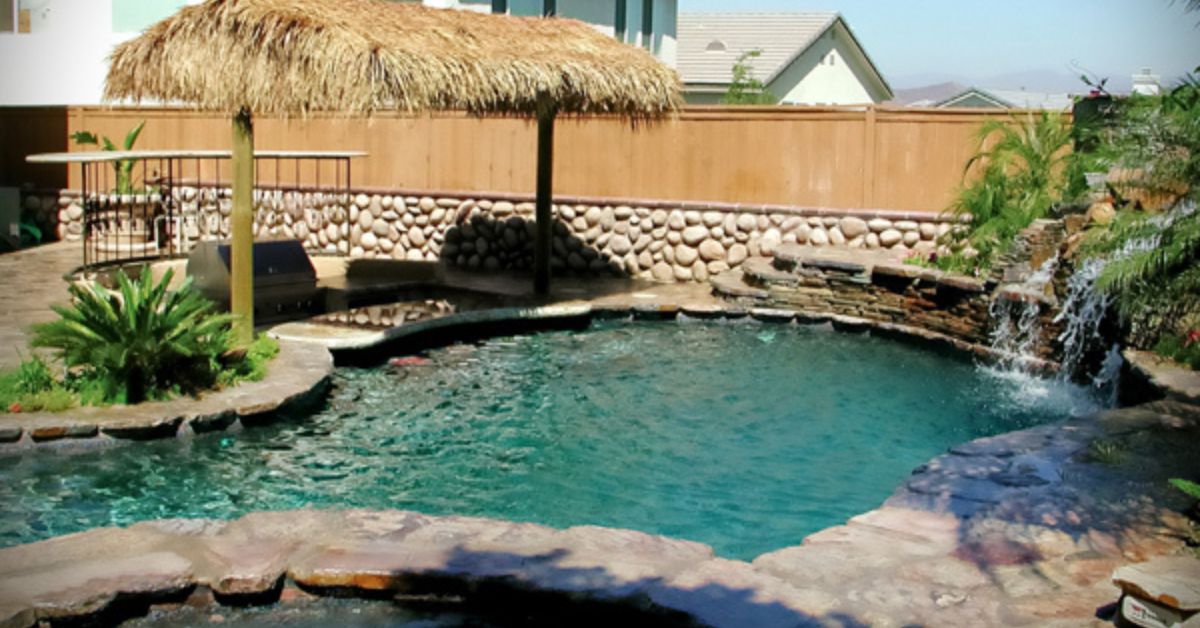
In sunny Miami, a backyard pool is more than a luxury — it’s a necessity for many homeowners. But even the most well-built pools don’t last forever. Over time, wear and tear from constant use, harsh chemicals, and Florida’s intense weather can take a toll on your pool’s surface. Knowing when it’s time to resurface your pool can save you from costly repairs and ensure your pool stays safe and beautiful.
1. Visible Cracks and Erosion
If you begin to notice hairline cracks or larger fractures in your pool surface, it’s a clear sign that resurfacing is needed. Cracks can appear due to ground movement, weather extremes, or simple aging. These cracks can lead to leaks if ignored, potentially damaging the pool structure and surrounding area.
2. Rough or Uneven Surface
Swimming pools should have a smooth finish that’s comfortable underfoot. If the surface feels rough, sharp, or flaky, it likely means the finish has eroded. This can result in skin irritation or injury for swimmers, and it’s also a warning that the integrity of the pool surface is weakening.
3. Stains and Discoloration
Over time, minerals, algae, and chemicals can leave permanent stains on the pool’s surface. While some stains may be cleaned, widespread discoloration is often a sign the surface layer is breaking down. Resurfacing not only eliminates unsightly stains but also helps prevent future buildup with modern, stain-resistant materials.
4. Water Loss or Leaks
If you’re constantly refilling your pool, it may not just be due to evaporation. Cracks and surface damage can lead to leaks, causing your water levels to drop unexpectedly. Pool resurfacing can help seal these leaks and restore the waterproof layer.
5. Outdated Appearance
Even if your pool is structurally sound, an outdated or faded finish can make it look tired and uninviting. If your pool was installed more than 10–15 years ago, resurfacing is a great way to give it a fresh, modern look and increase your home’s appeal and value.
6. Chalky Residue
When your pool surface begins to deteriorate, it can release a chalky white substance that settles in the water or on the steps. This is typically caused by calcium buildup and is a clear indicator that the top layer is breaking down and needs replacement.
If you’ve noticed any of these signs, it may be time to explore your options for Pool Resurfacing Miami. Working with experienced professionals ensures your pool remains a safe, beautiful, and valuable part of your home for years to come.

